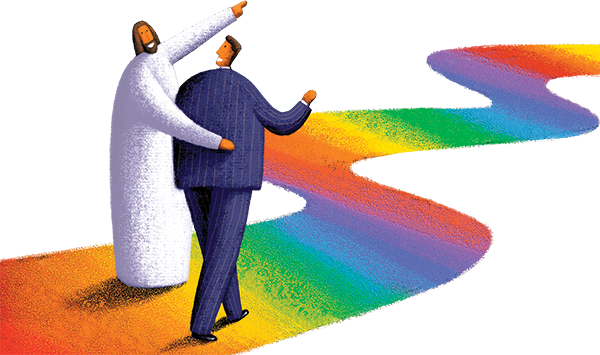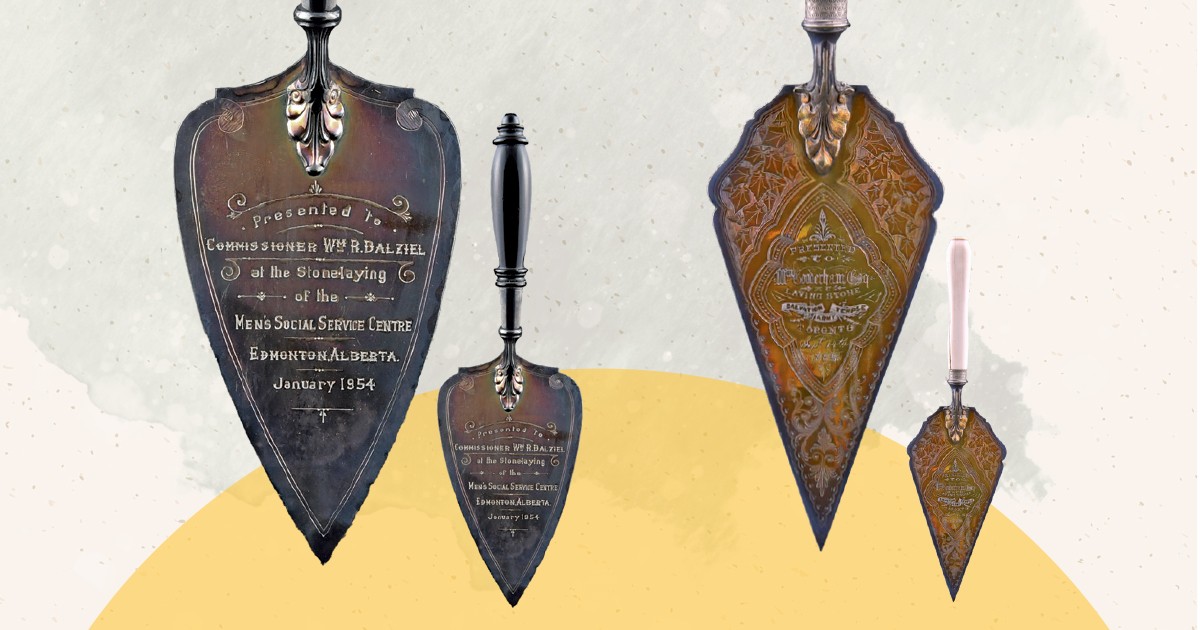
Pastor Charles L. Worley is a North Carolina minister who caused an uproar in May when a segment from his sermon was caught on video and posted online. Worley, infuriated by U.S. President Barack Obama's proclamation that he supported gay marriage, called for the entire homosexual population to be gathered in an electrified enclosure until they perished from lack of reproduction. This was a Christian pastor saying this to his 1,200-member congregation. It's hard to fathom that the sheer contempt and genocidal intimations that spewed from his mouth occurred in North America or a Christian church.
It's easy to distance ourselves from this preacher and pretend that because his comments do not echo the feelings of most Christians, that we have no investment in this news story. In fact, when it hit the news, I noticed that my Christian friends and colleagues (who love talking about how the media represents Christianity) were unusually silent. If this pastor had said something similar about women or a specific ethnic group, I can guarantee you there would have been more Christians talking about it—in church, coffee shops and on Facebook. People in the church would be up in arms.
And so they should be. Murder is diametrically opposed to the kind of lifestyle that Jesus preached about. Jesus not only condemned murder, but declared that anyone who expressed hatred and anger against another person, such as Pastor Worley did, sinned against God (see Matthew 5:22). One would think that we should have pounced on this opportunity to speak about the love and kindness of Christ and rectify any misconceptions that Pastor Worley created. From my experience, Salvationists often push to the front of the line to tell people just how friendly our churches are and how we would love to see them come visit us on Sunday. So, why didn't we in this case?
The Salvation Army prides itself on its service to the poor and marginalized. But what does it mean to be marginalized? We see that word used in Army publications and articles, but who are we talking about when we speak of the “marginalized”? We are talking about people who have been excluded from significant participation in society and have been consigned to the cultural fringes. They are people who walk into the same places as you and me; the only distinction is that they have the nagging feeling that at least some of the people in those places don't want them there. In my missional context as the executive director of an addictions and rehabilitation centre, I cannot think of a people group more marginalized than those in the lesbian, gay, bisexual and transgender (LGBT) community.
The marginalization of any group of people should disturb The Salvation Army, since one of our core values is to promote the dignity of all persons. Marginalizing people inevitably leads to oppression. Did you know that 30 percent of the suicides in Canada are committed by LGBT people, while most estimates figure that LGBT people make up only five percent of the total population? Did you know that LGBT students in this country hear on average 26 slurs each day? Or that more than a quarter of the young people who tell their parents that they are LGBT get kicked out of their homes? Recent studies have demonstrated that the number of youths living on the street in Victoria (where I live) is growing and a disproportionate number of them are LGBT. As the Army's sheltering representative in this city, what do I have to say to my community about this? More importantly, what can I do? I can provide a temporary roof to put over their heads, but shouldn't I also be concerned about attacking the fundamental causes of this marginalization and not just the symptoms?
Which brings me back to my original question after the Pastor Worley video went viral. Why don't we react as swiftly or significantly when marginalization happens to those in the LGBT community as compared to other groups? Is it because many Christians believe, as the Army's positional statement says, that gay marriage is not something the Bible supports and, therefore, they're not sure how to bridge that gap? Or maybe that's a convenient pretext and the fact is that many of us still hold prejudices towards our LGBT neighbours that we don't want to confess exist. Or maybe I'm wrong and we really are doing our best to provide dignity to all.
But if what I am saying reflects the reality in your own corps or church, I would encourage you to start talking about it. Talk to your corps officer or leadership team. Ask them what can be done. Get the discussion started. Because if The Salvation Army doesn't extend hope to everyone in our society, then our promises are just words.
Major Juan Burry is the executive director of Victoria's Addictions and Rehabilitation Centre.









I actually followed the suggestion that was given to me on this page. I continued to study and think about things. I found that many of the "teachings" of the Bible are inconsistent with how I feel about life and the people around me. I went to the Salvation Army from the time that I returned as an adult. They do a lot of good work and I my friends and the sense of community there. In the end I became an atheist because there are just too many things that don't sit right with me and that I don't believe. One of the main ideas that I can't accept is that we are not born perfect or as we are supposed to be and that we are in need of salvation. If there is a good or higher power in the universe, you were born as you were meant to be and that includes being gay.